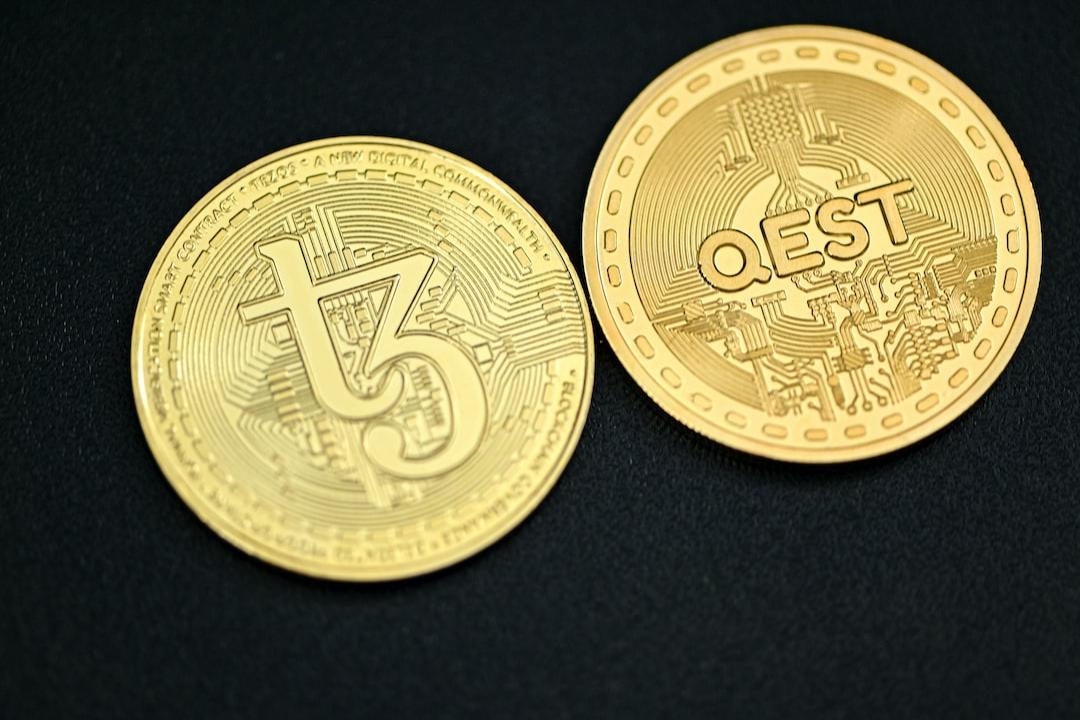Traditional industries face the problem of delayed payments. The most painful thing for the manufacturing industry is “payment delay”. As long as the customer’s payment (buyer) does not come in, the seller may even be at risk of bankruptcy.
Isle Finance from Taiwan is targeting the pain points of fund turnover and financing in traditional manufacturing industries and supply chains. They have created an on-chain agreement that allows buyers to borrow from the fund pool and make advance payments to suppliers, giving both parties more flexibility in fund turnover.
Theoretically, there are three types of beneficiaries of Isle Finance’s services: buyers have more abundant funds, sellers can receive payments on time, and liquidity providers can earn interest income.
What difficulties do suppliers and buyers actually encounter?
In the operation of traditional manufacturing, OEMs, or factories, after the seller provides products or services to the buyer, the buyer still needs to process and produce them. The payment will be made to the seller only after the products are sold.
Taking the shoemaking industry as an example, let’s say a supplier from Taiwan sells shoelaces to Nike. After providing the shoelaces to Nike, Nike needs to manufacture the complete shoes with other accessories and distribute them through different sales channels. After the shoes are sold and profits are obtained, Nike will then pay the amount to the shoelace supplier.
According to Isle Finance CEO Lin Bocheng, “This process may take weeks or even months. Sellers usually hope to receive payments as quickly as possible to accelerate business expansion. However, buyers expect to extend payment terms to ensure that funds can be paid at the most favorable time. Therefore, the payment time difference becomes a challenge for both buyers and sellers in the supply chain.”
The above is just a more reasonable example. In a buyer-dominant market, unequal contracts may be signed, and the performance period may last for a whole year.
In addition, Isle Finance Chief Strategy Officer Yang Chunlan added that small and medium-sized sellers often need fund turnover due to payment delays from buyers, and obtaining financing from banks is one way to do so. However, when banks handle these financing requests, they usually need to undergo strict due diligence procedures, including assessing the credit risk of the company. This not only takes time but also limits the financing ability of many small and medium-sized suppliers.

(From left to right) Isle Finance COO Guo Zhuanyi, CEO Lin Bocheng, and Chief Strategy Officer Yang Chunlan.
Photo / Hou Junwei
How does Isle Finance change supply chain financing?
Isle Finance is a payment credit protocol on the PayFi track. As a buyer (in the example above, Nike), if they want to advance payment to the seller (shoelace manufacturer), they can borrow from the Isle Finance fund pool and repay later. In this way, the buyer will directly receive the payment.
Lin Bocheng described Isle Finance as an “online credit card machine”. Once approved, the protocol will provide the buyer with an online credit payment limit. After the seller uploads the invoice to the chain, the buyer can sign on the chain with a private key (similar to the process of swiping a credit card), and Isle Finance will pay stablecoins to the seller’s wallet on behalf of the buyer. The buyer must repay the “card fee” before the due date.
As for the liquidity providers of the fund pool, they can be individuals or institutions, and they earn returns from the interest repaid by the buyer.
Isle Finance, as a PayFi network, emphasizes achieving “real-time transactions”, obtaining rapid fund liquidity, and breaking away from the traditional financial system to solve the financial problems of real assets using blockchain technology. Yang Chunlan explained that for cross-border payments and corporate loans, PayFi not only accelerates the payment process but also reduces transaction costs.
Overcoming market education and compliance challenges
Isle Finance COO Guo Zhuanyi admitted that it is not easy to introduce Isle Finance or stablecoins to traditional enterprises. After all, many companies still have many concerns and misunderstandings about cryptocurrencies, and their understanding of cryptocurrencies is still based on negative reports in the news.
To overcome these challenges, Isle Finance is actively cooperating with compliant cryptocurrency exchanges to help companies convert stablecoins into fiat currencies to meet the funding needs of traditional enterprises. In addition, the team continues to promote market education to enable more companies to understand how to use blockchain technology to improve the efficiency of fund flow in the supply chain.
Isle Finance will officially launch its mainnet in the fourth quarter of this year. Guo Zhuanyi said that Isle Finance has already started cooperation negotiations with multiple Taiwanese and international companies and plans to expand its service scope. “Because Isle Finance uses a blockchain payment network, it can provide cost-effective and convenient credit payment services to enterprises. With the ability to connect to the network without a bank account, it also has the opportunity to cover global suppliers.” Guo Zhuanyi said.
Isle Finance’s service is well-intentioned and truly showcases the characteristics of blockchain technology. However, when it comes to landing in the real world market, there are many problems that technology alone may not be able to solve. It remains to be seen how many people Isle Finance can attract and how many businesses can experience the beauty of the blockchain world.


